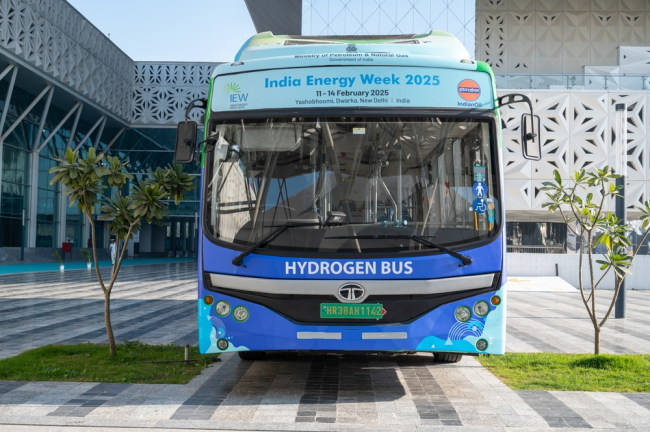The European Refining Crisis: What is at stake for Europe?

The European Refining sector is in crisis. The wave of refineries closures has spared no EU Member States.
In less than five years, eleven refineries were simply shut down and no less than seventeen changed their ownership in the UK, in France, in Germany, in the Netherlands, in Sweden or in Spain. As closure is a last resort measure, given its high costs, this gives an indication of the situation’s seriousness.
The present situation reflects more than just the widespread effects of the economic crisis. If the sector has always been known as cyclical, the change however comes from the shift in demand and trade patterns for oil products. In the ongoing globalization of the oil market products, Europe appears to be the most vulnerable piece and this raises questions as regard the European security of oil product supplies.

Available in:
Regions and themes
ISBN / ISSN
Share
Download the full analysis
This page contains only a summary of our work. If you would like to have access to all the information from our research on the subject, you can download the full version in PDF format.
The European Refining Crisis: What is at stake for Europe?
Related centers and programs
Discover our other research centers and programsFind out more
Discover all our analysesIndia’s Green Hydrogen Strategy in Action: Policy Actions, Market Insights, and Global Opportunities
India is poised to remain the world’s fastest-growing major economy, and this rapid growth is driving a sharp rise in energy demand. As the most populous country on the planet, India urgently needs to decarbonize its energy systems.
Water in Mexico: an Emergency that Will Wait
Access to water is already and will become increasingly problematic for Mexican economic actors due to the progressive scarcity of the resource resulting from climate change, a geographical distribution that does not coincide with that of the population or economic activity, and management that has so far been far too lax.
AI, Data Centers and Energy Demand: Reassessing and Exploring the Trends
The information and communication technologies sector today accounts for 9% of global electricity consumption, data centers for 1-1.3%, and artificial intelligence (AI) for less than 0.2%. The growing energy demands of cloud services first, and now AI workloads (10% of today’s data centers electricity demand), have exacerbated this trend. In the future, hyperscale data centers will gain shares amongst all kinds of data centers and AI will probably account for around 20% of data centers electricity demand by 2030.
Unlocking India’s Energy Transition: Addressing Grid Flexibility Challenges and Solutions
India is rapidly scaling up its renewable energy (RE) capacity, adding 15–20 GW annually, but the ambitious goal of 500 GW of non-fossil capacity by 2030 is at risk unless the pace accelerates.









